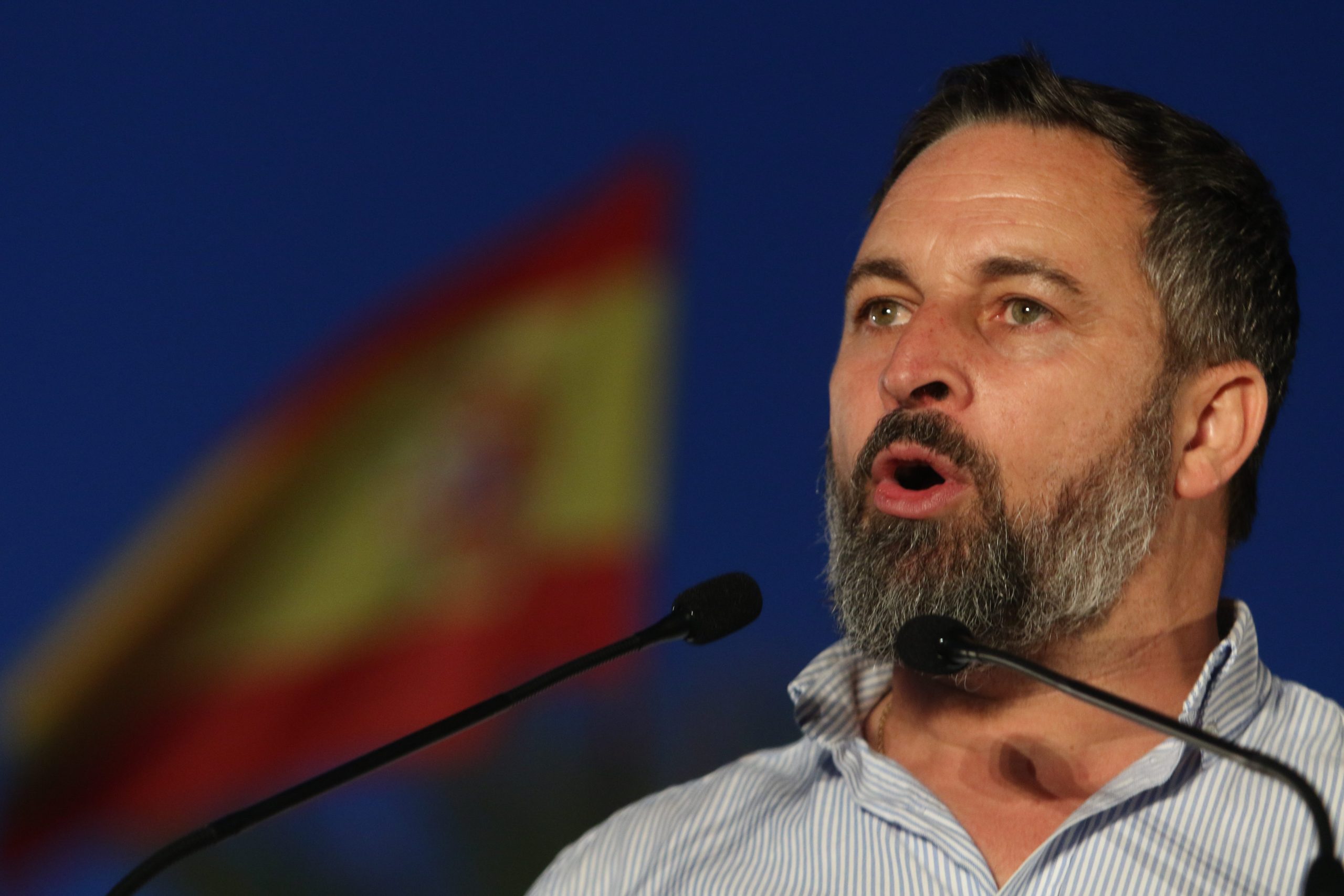FAR-RIGHT Vox will on Monday file its second motion of no confidence against the current prime minister, Pedro Sanchez of the Socialist Party (PSOE).
This time around the candidate to lead the country will be professor Ramon Tamames, an 89-year-old economist and politician who was once an active member of the Spanish Communist Party, among other political groups.
The initiative, however, is doomed to failure from the start given that it will not find the support of other political parties in Congress. What’s more, the PSOE believes that the stunt will actually work in its favour ahead of the local and regional elections in May of this year, and the general elections at the end of 2023.
Why is Vox filing the motion? The attempt to oust Pedro Sanchez was promised by the leader of Vox, Santiago Abascal, who has said in a statement that his party is committed to ‘presenting an independent candidate’, Tamames, who has a ‘brilliant intellectual past’, and is a symbol of national reconciliation’. ‘Millions of Spaniards’ are ‘calling for the immediate resignation of a government that is working against the interests of the nation’, he added.
What government policies does Vox object to? The hard-right party is opposed to practically everything that the government – a coalition of the PSOE and leftist Unidas Podemos – stands for. But since November, Vox has taken particular exception to the reforms pushed through by the government. These include changes to the law that benefit the leaders of the Catalan independence drive, as well as a controversial consent law that has had the unintended effect of shortening the sentences of some sex offenders.
When will the motion be filed? Vox is due to file the motion on Monday, but it will be up to the speaker of the house, Meritxell Batet, to fix the date for the debate. It will take place before the municipal and regional elections on May 28.
Which other parties support the motion? Vox initially sought the support of the PP and centre-right Ciudadanos (Citizens) for the initiative, but they refused. This prompted Abascal to seek an independent candidate for the prime minister’s role, which led him to Tamames. Figures from the PP have called on Tamames to refuse to get involved, but those calls have fallen on deaf ears. The academic is thought to want to have the chance to debate with the prime minister. The PP will abstain at this motion of no confidence, but will not vote against it.
What does the PSOE think about the initiative? Sources from the Socialist Party have told Spanish daily El Español that they think they will get a bump in the polls if they handle the motion well. The same sources say that they are planning to delay the debate as much as possible, to bring it closer to the regional and municipal elections in May. The Socialists believe that the stunt is a ‘mistake’ aimed at ‘grabbing some attention’, but they do fear that the PP could use the occasion to draw even more focus to the government’s controversial recent measures such as the consent law, and the changes to the Criminal Code that have benefitted Catalan separatists.
What will happen at the debate? Sources from the PP have told Spanish reporters that they fear that the motion of no confidence will be ‘a circus’, and have also voiced their concern about whether 89-year-old Tamames will have the stamina to last the debate. He will have to present at all times, meaning he will have to last around five hours without even a bathroom break, and will also have to walk back and forth from his seat to the lectern in the chamber. Tamames will also not likely debate directly with Pedro Sanchez, but instead a spokesperson from the government. All of the parties are likely to vote against the motion, except for Vox.
What happened at Vox’s first motion of no confidence vote? Vox’s initial motion of no confidence against Sanchez was held in October 2020. The party lost its initiative, and only garnered the votes of its 52 deputies in the 350-seat chamber. The major surprise of that debate was the refusal of the conservative Popular Party (PP) to support the vote, with the then-leader of the group, Pablo Casado, offered a scathing critique of Vox and Abascal, voting against the motion. While the PP will abstain this time around, the overall result will almost certainly be the same.
Read more:
Far-right Vox party gets first taste of regional government power in Spain
Far-right Vox party announces new abortion measures for Spain’s Castilla y Leon region
Click here to read more Politics News from The Olive Press.








